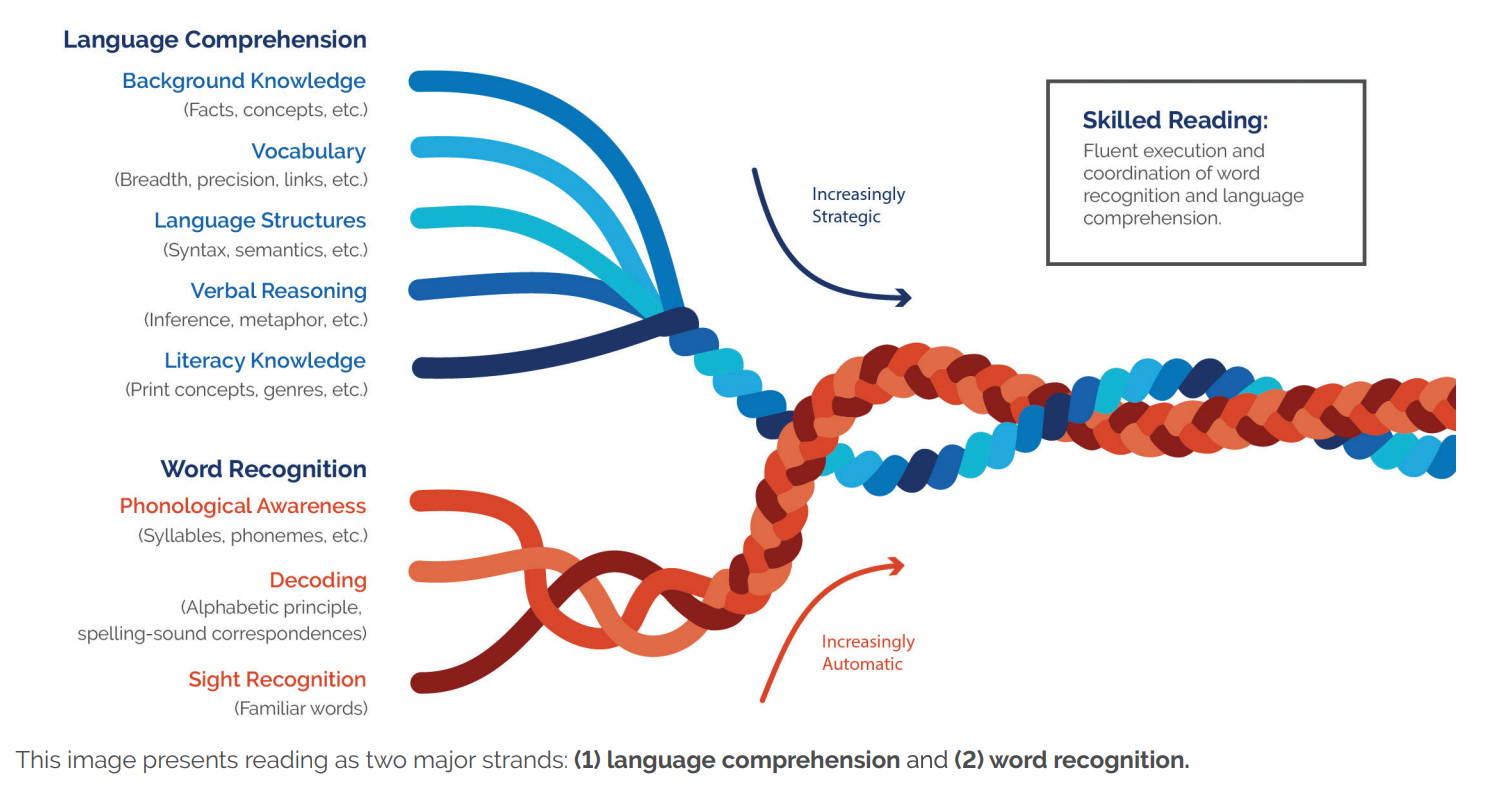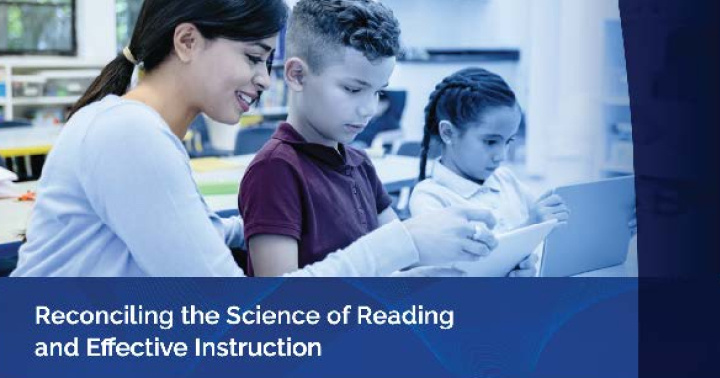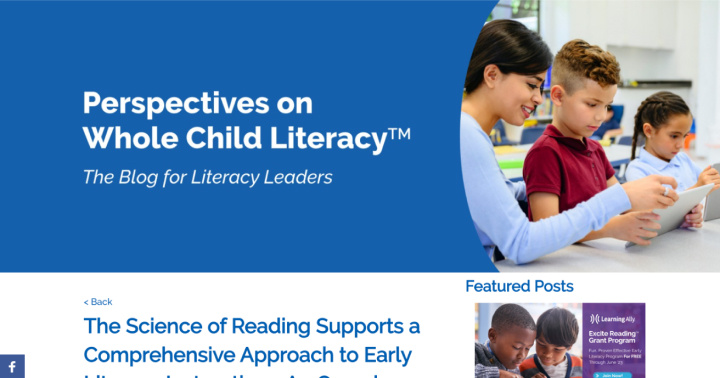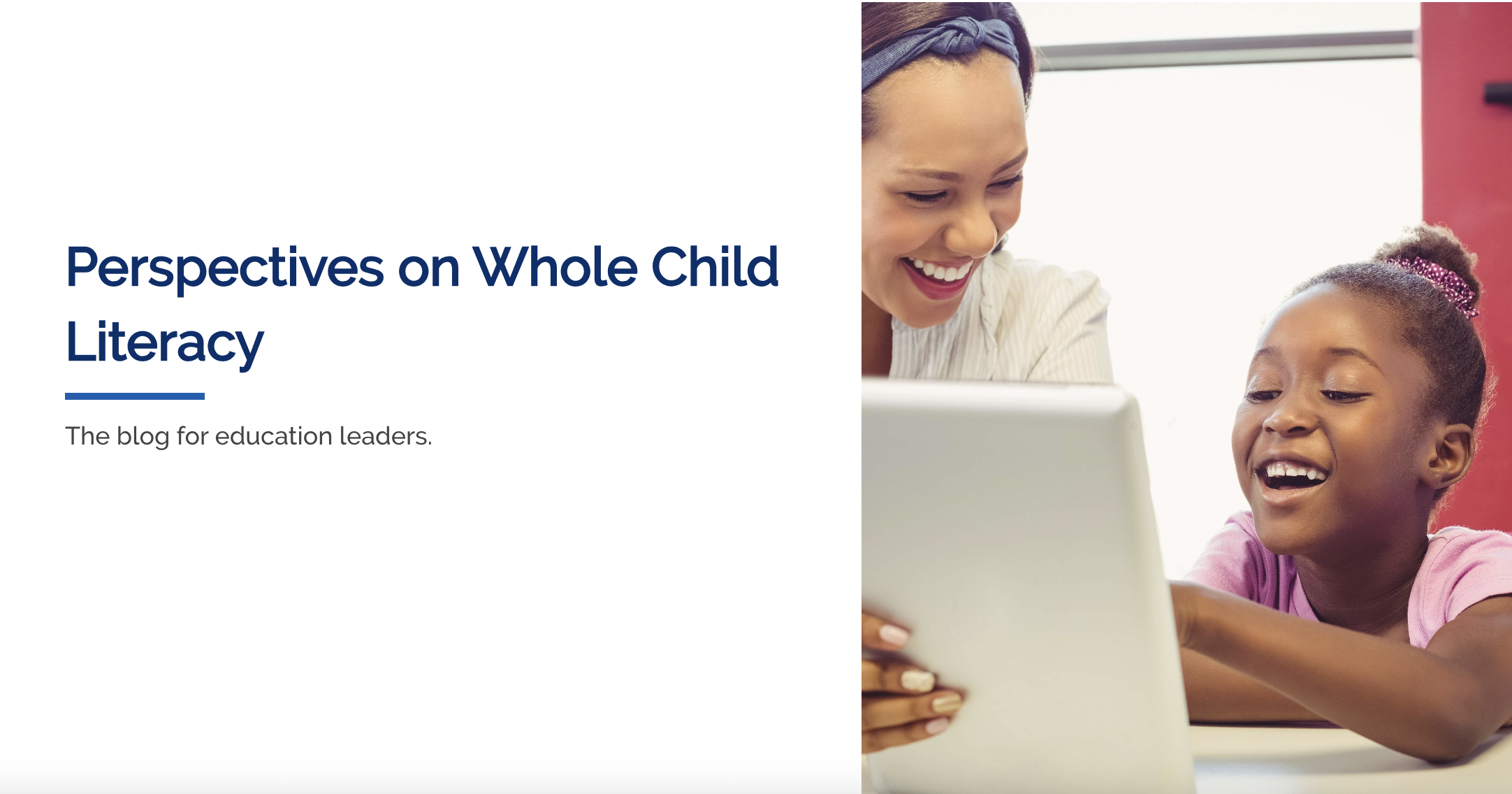Empower literacy support with the science of reading
Composed of scientific research that has been conducted around the world and across several disciplines, the science of reading reveals the skills required to read proficiently and the best practices for teaching those skills effectively. Let us help bring quick wins to your district through proven-effective tools.





